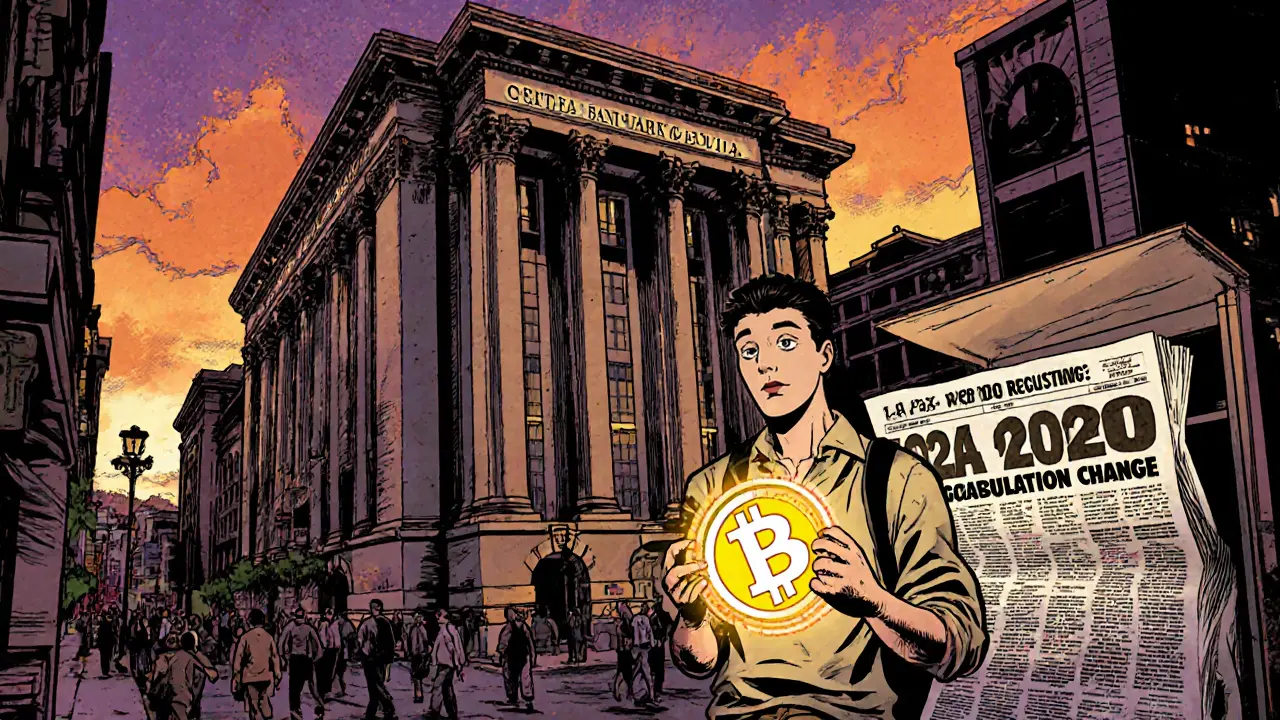Bolivia Crypto Trading Penalties: What the Law Says in 2025
Learn the current legal penalties for crypto trading in Bolivia, how the regulatory framework works, and practical steps to stay compliant in 2025.
Read MoreWhen it comes to Bolivia cryptocurrency regulations, the country has one of the strictest stances in Latin America, banning financial institutions from processing crypto transactions outright. Also known as a crypto transaction ban, this rule doesn’t make owning Bitcoin or Ethereum illegal—but using it to pay for goods, send money, or trade through banks is. Unlike countries that license exchanges or tax holdings, Bolivia’s approach is simple: cut off the financial pipeline.
The ban started in 2014, when Bolivia’s central bank declared that any financial entity using cryptocurrencies would face penalties. The reasoning? Protecting the national currency, the boliviano, from volatility and preventing money laundering. But in practice, it pushed crypto use underground. People still buy Bitcoin on peer-to-peer platforms like LocalBitcoins and Paxful, often using cash or mobile money. The government hasn’t cracked down on individuals holding crypto—just on banks, payment processors, and businesses that try to integrate it.
This creates a weird gap: you can own crypto, but you can’t spend it legally. That’s why Latin America crypto laws, especially in countries like Argentina and Brazil, look very different. In those places, crypto is taxed and regulated, but not banned. Bolivia’s rule is more about control than innovation. It also means no local exchanges operate there, no DeFi apps are officially supported, and no crypto ATMs exist. If you’re in Bolivia and want to trade, you’re relying on foreign platforms and personal risk.
And here’s the catch: the ban isn’t always enforced. Many Bolivians use crypto to send remittances, protect savings from inflation, or buy goods from international sellers. The government turns a blind eye as long as no bank is involved. But if you’re a business trying to accept Bitcoin, you’re breaking the law. That’s why no major retailer in Bolivia takes crypto—even though demand is there.
So what does this mean for you? If you’re in Bolivia, you can hold crypto, but you can’t use it like money. If you’re investing from outside, you won’t find local infrastructure. And if you’re comparing Bitcoin ban Bolivia, it’s not a full ban—it’s a financial system exclusion. Other countries ban crypto outright. Bolivia bans the plumbing, not the water. The result? A quiet, underground crypto economy that survives despite the rules.
Below, you’ll find posts that dig into how crypto thrives in restrictive environments, how users bypass financial bans, and what happens when governments try to control decentralized money. You’ll see real examples from Nigeria, Venezuela, and beyond—because Bolivia isn’t alone. The question isn’t whether crypto can survive regulation—it’s how far governments will go to stop it.

Learn the current legal penalties for crypto trading in Bolivia, how the regulatory framework works, and practical steps to stay compliant in 2025.
Read More